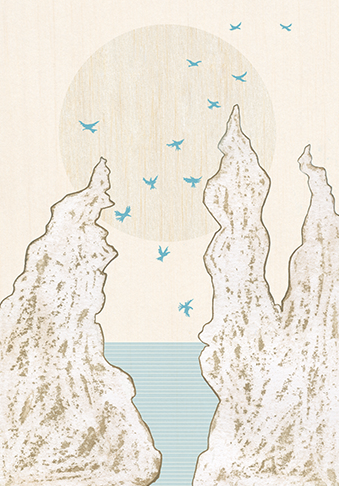Tradition and ownership
Disputes about Karelian laments in Finland
Keywords:
Laments, Karelian language, Cultural appropriation, Ownership, Intangible cultureAbstract
A new dispute about the ownership of Karelian laments emerged in Finland in 2021. The severely endangered Karelian language is the closest relative of Finnish. Karelian laments were brought into new Finnish contexts during the late twentieth century by Finnish individuals with Karelian roots, with an aim of making the Karelian lament tradition usable also for people not of Karelian descent. Recently, Karelian activists in Finland have strongly criticized the Finnish uses of laments. This relates to wider discussions about minority rights and the status of the Karelian language in Finland. Using social and traditional media material, panel discussions and interviews, we analyse this dispute and contextualize it in relation to the historical folk culture, the Karelian minority and uses of laments in contemporary Finland. The setting is complicated by the assimilation of Karelian speakers, the diversity and the closeness of Karelian and Finnish identities, and the complex intersections of national, ethnic, cultural, religious and linguistic factors. Our approach is informed by the recent scholarly discussions about the ownership and appropriation of intangible culture. At the heart of the dispute, we see varying interpretations of what the laments actually are, and how they relate to languages, ethnic identities, communities, modernization and religion.

How to Cite
Copyright (c) 2023 Viliina Silvonen, Kati Kallio

This work is licensed under a Creative Commons Attribution 4.0 International License.









